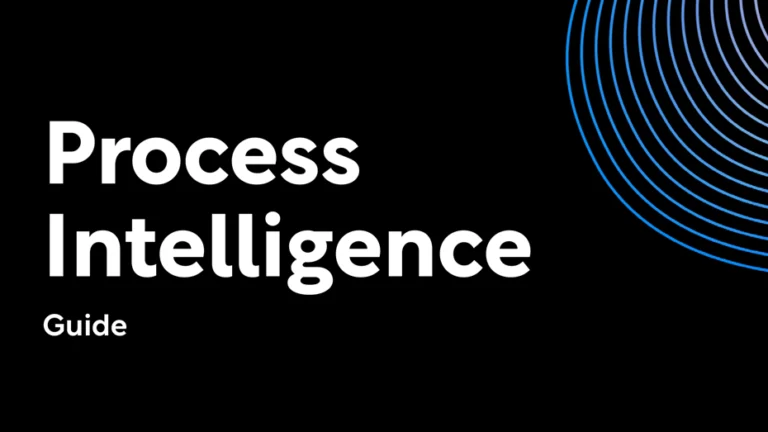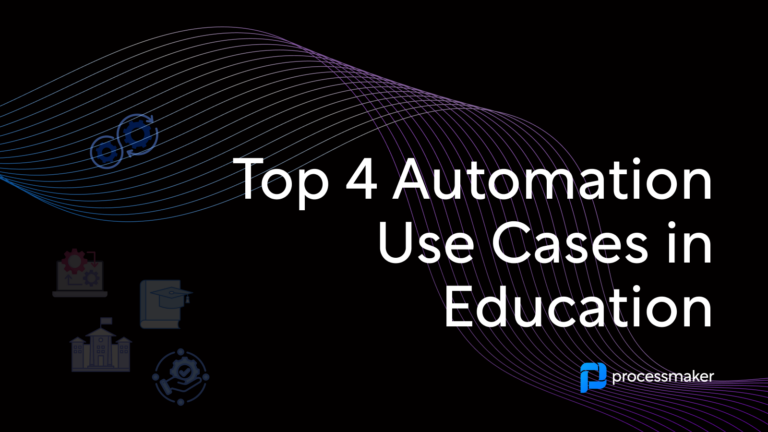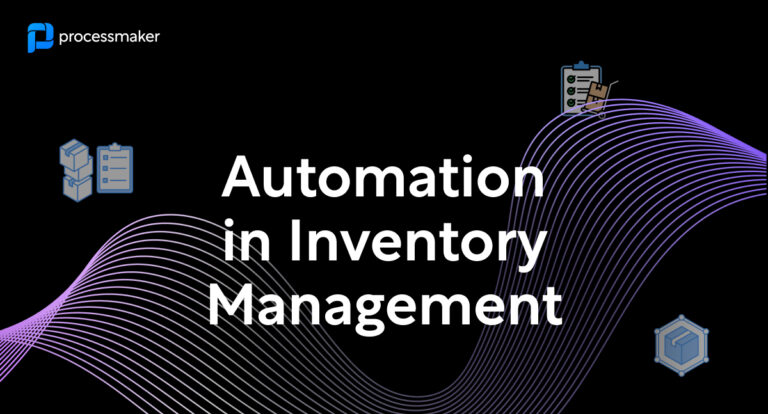Today’s blog post features a question & answer session with ProcessMaker’s Director of Partnerships, Freddy Mercado, and Ressalto’s Rachel Yabut, Supply Chain Consultant and owner of Ressalto Supply Chain Consulting.
Rachel Yabut (RY), Ressalto, Sr. Supply Chain Consultant, Owner
Freddy Mercado (FM), ProcessMaker, Director of Partnerships
Question: The world has become extremely interconnected, particularly since the outbreak of the Coronavirus, and businesses need to leverage the massive benefits of a global commerce routes network to implement trade over multiple continents seamlessly. What is the overall participation of the logistics component in the value chain?
RY: Global multinational companies as part of their global supply network apply the concepts of an integrated supply chain to logistics. Typically includes common processes, joint business strategies, transparency and data sharing, etc.
FM: We handle a number of logistics and supply chain related activities, from vendor registration to order fulfillment, regulatory and compliance reporting for customs clearance purposes. There is also a large cross-connection with banking, as some of our most popular processes include wire transfer authorizations, often related to overseas commerce operations.
Question: As one product is built often using parts produced across multiple countries, and continents, is the local culture relevant when it comes down to large scale production design?
RY: Respecting the culture of any country for which you are engaged with product manufacturing is the foundation of a successful business relationship, especially for long-term production agreements and collaborative development projects. For instance, China is a relationship-oriented society and company executives meet with their Chinese partners annually more often to build the relationship than to discuss business. Showing respect for the culture also applies when working with members of a US based office of foreign manufacturers.
FM: I totally agree with Rachel, as we work with companies all over the world we take considerable care in understanding the culture when it comes to business. Our seasoned and well-trained teams for sales, professional services, and support, have all developed intangible skills that leverage our ability to deliver a world-class customer experience.
Question: Governments have distinct political models, following fundamental philosophical principles, yet when it comes down to the smallest link in the chain, the worker, the different approaches to employee rights and benefits seem to be rather uniform.
RY: The worker is one of many in a workforce, which is a living organism of a business and therefore the largest most critical part of a value chain. The approaches to employee rights and benefits are very different across industrial, geographical and political borders. Fortunately, government purchasing policies and calls for corporate responsibility by consumers may help to promote change in approaches toward a country’s labor force management.
FM: based on regulation as well as on best practices learned over time. The most relevant thing when it comes to customization is the foundation of our product’s architecture, which enables complexity to great extents, whether such challenges come from government regulations or from existing legacy systems that remain as a part of the technological framework a customer has in place at any given time.
Question: Is the logistics process highly dependent on human capital?
RY: More specifically the logistics process is highly dependent on the effective utilization of human capital through education and enabling technology.
FM: Perhaps the logistics processes are dependent on the tools provided for the team. Enable your team with the right technology and they will perform.
Question: In business, a sensible financial plan would take into account working capital as much as other sources of economic leverage. How does economic policy impact the supply chain, beyond tariffs and walls, when it comes to a successful financial plan for a global company?
RY: A successful financial plan for the supply chain of a global company is impacted by an economic policy in different ways. The decisions that go into a financial plan are influenced by the business environment that public policy tries to create.
FM: We have recently witnessed the fragility of the Just In Time business model, closely tied to financial efficiency. Our customers cannot escape ROI and best practices when it comes to financial planning, yet it seems that this paradigm will be discarded, by bringing resources, and products, closer to specific markets. This will have an impact on the financial planning in place for the year, but we can see that this will dynamically evolve to suit the changes brought upon business.
Question: In light of recent events, has the supply chain industry become the weakest link in business?
RY: Definitely not. Supply chain risk management practices have made supply chains the strongest asset in a business and integrated supply chain management has changed the world economy.
FM: Once again I completely agree here, since it is precisely the strong supply chain value proposition that is keeping markets replenished, as very specific products are in high demand, having industry shift production lines to cope with demand, the basic products that make to a day to day lifestyle, are being produced and delivered without significant disruptions.
About Ressalto LLC
Ressalto’s mission is to enable organizations to better manage, secure, and optimize their supply networks to achieve improved agility and greater efficiency. Ressalto’s services are designed to add measurable value founded on a proven supply chain management framework and business process management best practices. Supported by enabling technology Ressalto delivers innovative solutions to solve today’s biggest supply chain challenges and empower supply chain teams to proactively identify issues in real-time before they negatively impact business performance.
The result: increased adaptability, reduced risk and maximum value.
About ProcessMaker
ProcessMaker is low-code BPM and workflow software. ProcessMaker makes it easy for business analysts to collaborate with IT to automate complex business processes connecting people and existing company systems. Headquartered in Durham, North Carolina in the United States, ProcessMaker has a partner network spread across 35 countries on five continents. Hundreds of commercial customers, including many Fortune 100 companies, rely on ProcessMaker to digitally transform their core business processes enabling faster decision making, improved compliance, and better performance





